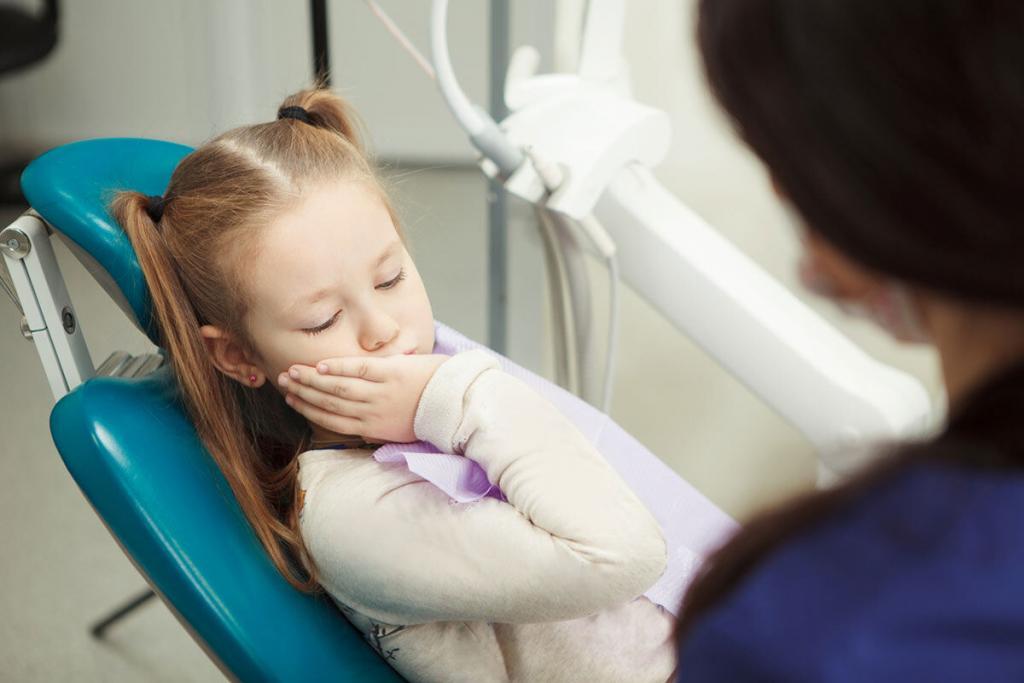Signs of bruxism are pain when chewing, sore jaw or teeth in the morning, chipped enamel or very specific wear in the points where the teeth meet.

Most children start grinding their teeth as soon as they get those first pearly whites on both the upper and lower jaw. It is also a way to experiment the new things they can do with the latest additions, so you don’t need to worry at first. It is perfectly normal. It is also to be expected when the permanent teeth start emerging or when other factors make them anxious. However, in the latter case, grinding teeth can be a sign of psychological distress and should be addressed early, as it tends to worsen with time.
The medical term for grinding your teeth compulsively is bruxism. You can talk about it with the your St. Louis pediatric dentist to learn more about how you can tackle it. But, as said before, a temporary habit of grinding teeth should be expected and you don’t have to worry about it.
If your child seems to persist in grinding his teeth and you consider it to last a bit too long, then you should contact a medical specialist to eliminate possible causes for chronic bruxism and get a possible courses of treatment.
Signs of Bruxism
First, you need to make sure you’ve identified the issue correctly. In a lot of cases, teeth grinding happens at night, during sleep, so your child may actually be unaware of the grinding. Observe the child during his sleep and check if there are any grinding sounds in the course of one or two hours. If the child sleeps in the same room or bed with siblings, ask them if they hear grinding at night.
Other signs of sleep bruxism are pain when chewing, sore jaw or teeth in the morning, chipped enamel or very specific wear in the points where the teeth meet. In this case, bruxism has been going on for long enough to affect the integrity of the teeth, so you need to schedule an appointment with your St. Louis pediatric dentist as soon as possible for a diagnosis.
Treatment of Bruxism
The treatment of bruxism depends on eliminating its cause. That is why it is important to see a dentist about it. They will be able to identify problems with the teeth, possible alignment problems, or other oral health issues that can correlate with bruxism.
If the teeth seem perfectly fine, the pediatric dentist can guide you towards other specialists, like a child therapist. If stress is the culprit behind bruxism, a therapist or counselor will talk to you and the child to identify the cause of the stress or anxiety.
St. Louis Pediatric Dentistry
If you are concerned about your child grinding their teeth, don’t wait to schedule an appointment with your pediatric dentist. At The Dental Anesthesia Center, we value our patient relationships, making it our priority to deliver gentle dental care that you deserve from sedation dentists in St. Louis. We work hard to make you feel at ease by providing exceptional patient care in a relaxed, convenient atmosphere.
